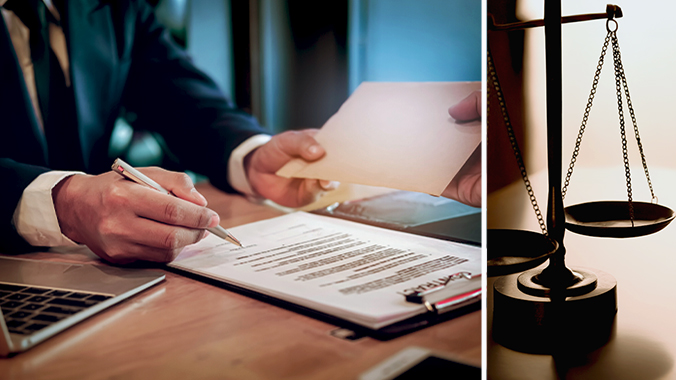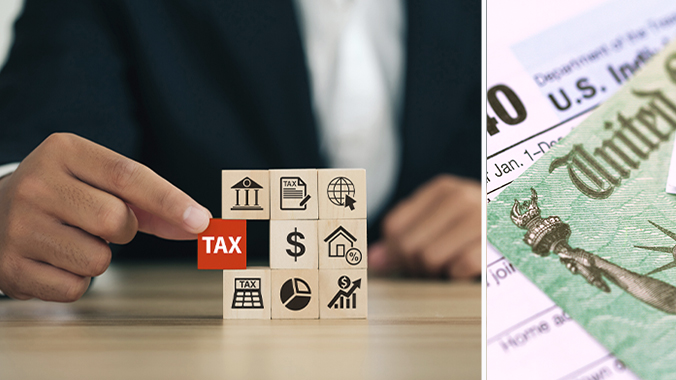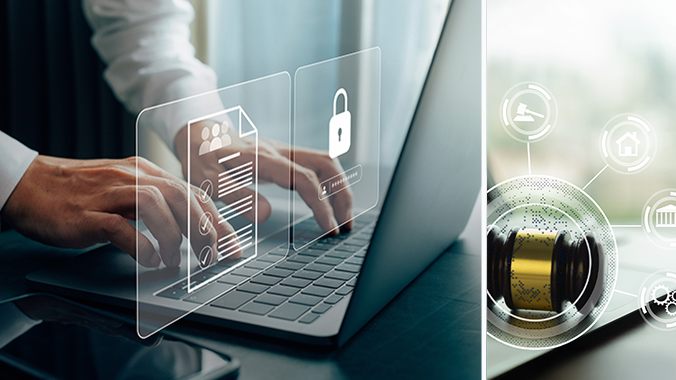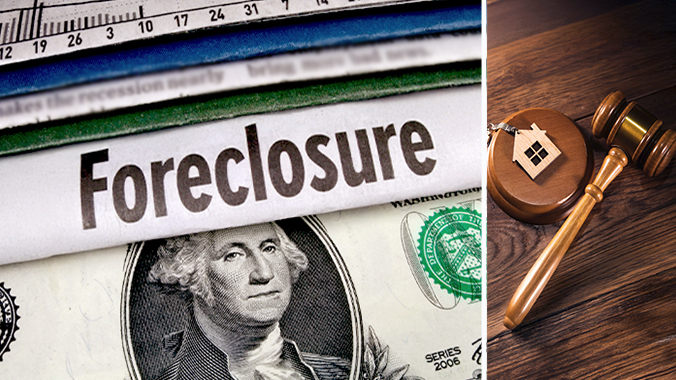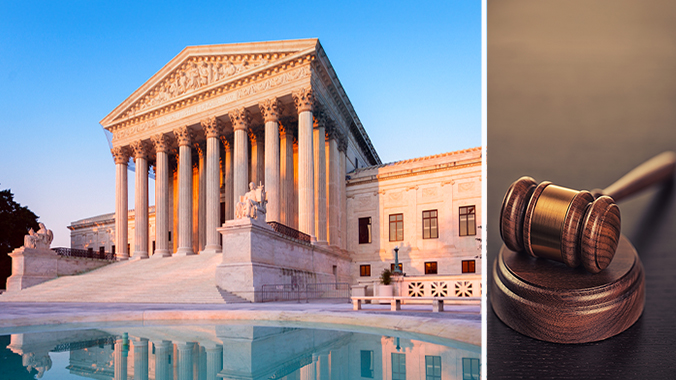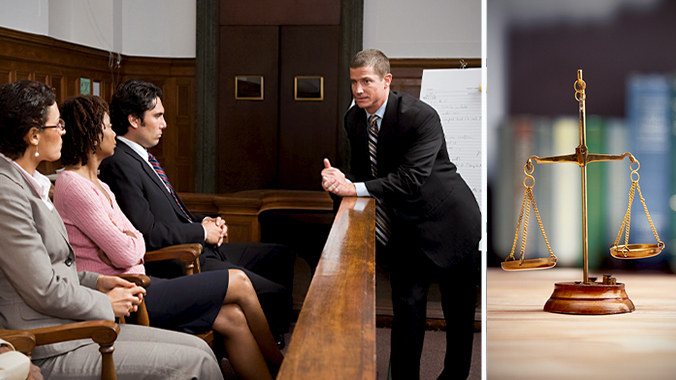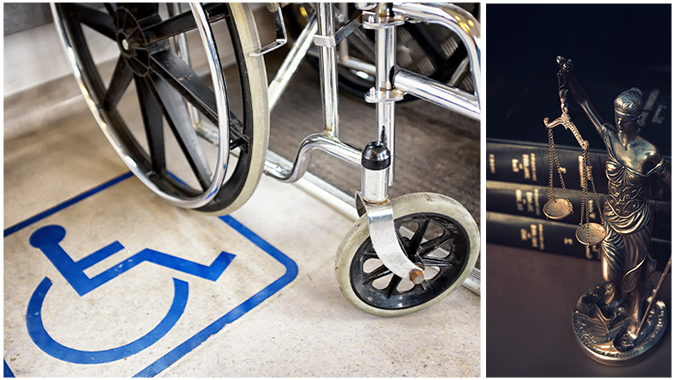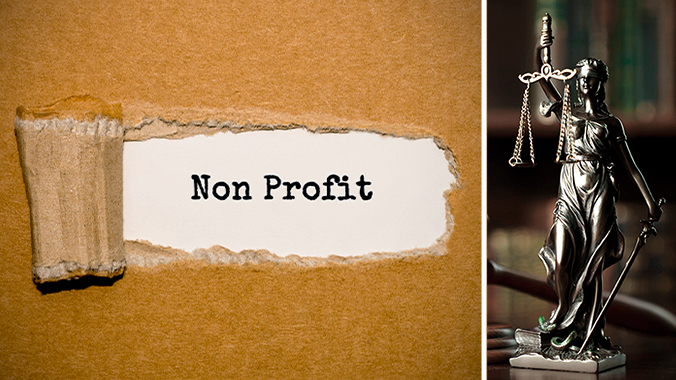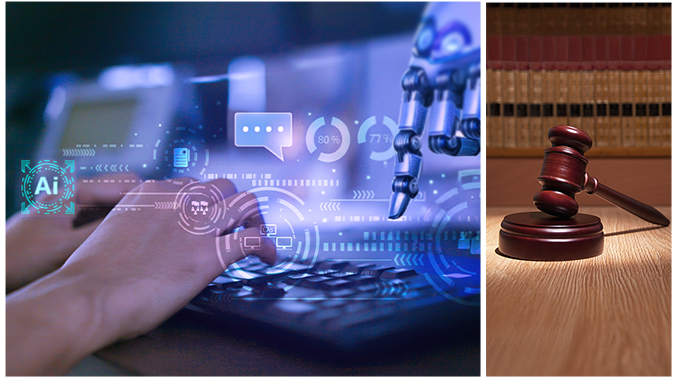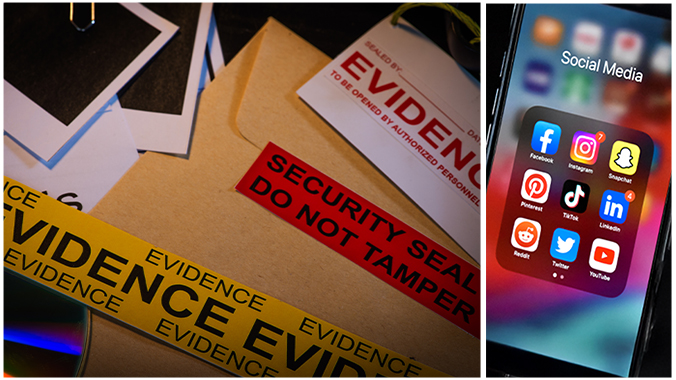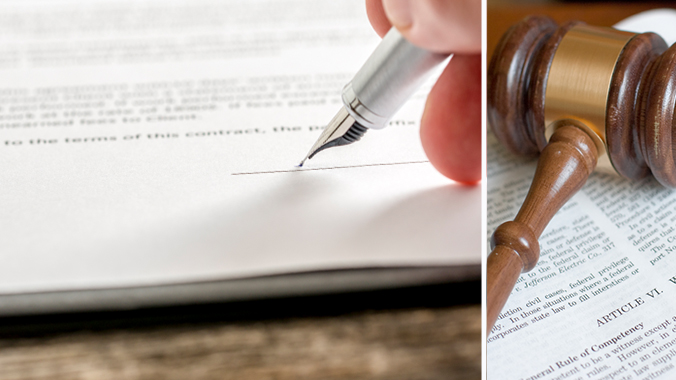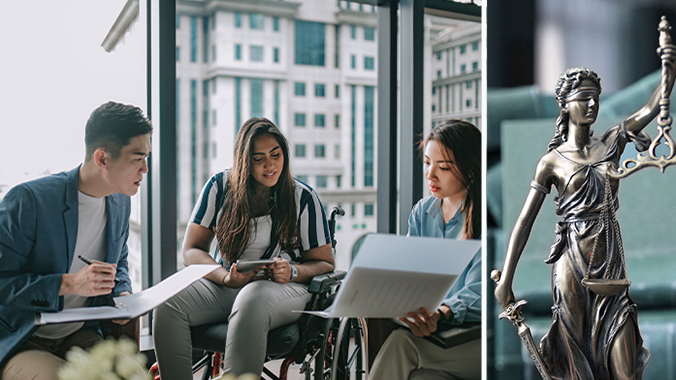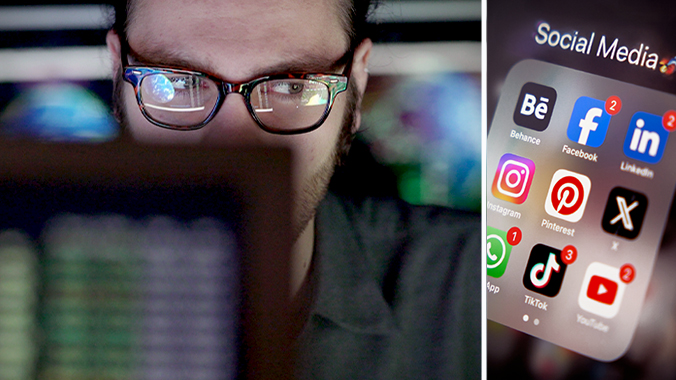The Intersection of Law and Mental Health: Leveraging Psychiatry, Neuroscience, and Psychology in PTSD and TBI Litigation

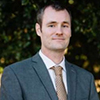

1.5 hour CLE
Tuition: $195.00
Get this course, plus over 1,000+ of live webinars.
Learn More
Training 5 or more people?
Sign-up for a law firm subscription plan and each attorney in the firm receives free access to all CLE Programs
Program Summary
Psychiatry, neuroscience, and psychology play a critical role in both civil and criminal litigation, particularly in cases involving Post Traumatic Stress Disorder (PTSD) and Traumatic Brain Injury (TBI). This CLE webinar, led by distinguished forensic experts, will provide litigators with essential insights into how psychiatric conditions and brain injuries influence behavior, decision-making, and legal responsibility. Attendees will gain practical guidance on assessing expert testimony, leveraging scientific and psychiatric evidence in litigation, and effectively advocating for clients with PTSD or TBI.
Session I - Did his brain make him do it? Acquired criminality in the courtroom - Forensic Neuropsychiatrist Dr. Octavio Choi
The speaker plans to discuss how to approach cases of brain injury and assess whether they result in legally relevant impairment. This will be accomplished by reviewing case examples and explaining the neuroscience behind brain injury and resilience.
Key topics to be discussed:
- Understand the scope and relevance of neuroscience based evidence in the courtroom
- Understand the neural basis of moral reasoning
- Understand how "phrenological thinking" gives rise to common errors in the courtroom
- Appreciate how to integrate neurological, psychological, and forensic approaches to reach reliable legal conclusions
Session II - PTSD in Litigation - Forensic Psychiatrist and Addiction Medicine Specialist Dr. James Armontrout
Post-Traumatic Stress Disorder is a commonly encountered issue in both civil and criminal proceedings. While expert assessment is typically needed in such matters, having a basic grasp of the modern understanding of PTSD can be helpful for attorneys who work with clients with PTSD. Dr. Armontrout will discuss basic information about responses to trauma. He will discuss how often people develop PTSD after a traumatic exposure and what the research shows about how PTSD usually unfolds. He will review the current best-evidence treatments for PTSD and provide insights into what such treatment looks like and how it might be experienced by a patient with PTSD. He will then provide some examples of ways PTSD might be relevant in civil and criminal proceedings
Key topics to be discussed:
- Understanding the response to trauma, which can include PTSD
- Understanding the course of PTSD, both treated and untreated
- Reviewing modern approaches to treating PTSD and their anticipated effectiveness
- Considering ways that a better understanding of PTSD can inform civil and criminal proceedings
Session III - Forensic Neuropsychological Assessment of PTSD and TBI - Forensic Psychologist Dr. Alexis Smith
The speaker's talk will provide an overview of the questions that can be addressed through a forensic neuropsychological assessment of PTSD and TBI. It will explain how psychological testing offers quantitative information regarding an examinee’s approach to the examination and their current functioning. The domains assessed by psychological tests will be briefly covered, and the concept of clinical significance will be explained. Additionally, there will be a discussion on how psychological test results are utilized to provide objective support, or lack thereof, for claims.
Key topics to be discussed:
- Psychological testing provides quantitative data about social, emotional, behavioral, and neurocognitive functioning
- Standardized administration and scoring, appropriate selection of norms
- Detection of feigning or exaggeration of emotional distress and cognitive impairment
- Assessment of clinically significant deficits, impairments, and changes in functioning
- Integration with findings from forensic clinical examination
![]() Closed-captioning available
Closed-captioning available
Speakers
 Octavio Choi, MD, PhD | Forensic Psychiatric Associates
Octavio Choi, MD, PhD | Forensic Psychiatric Associates
Dr. Choi’s clinical experience and extensive formal training qualify him as an expert in assessing the relevance and validity of neurological findings in forensic settings. His professional qualifications are summarized as follows:
Dr. Choi is currently a Clinical Associate Professor in the Psychiatry department at Stanford University and serves as the director of training in the Program in Psychiatry and the Law. In his forensic roles, he conducts evaluations on behalf of Stanford University and is responsible for developing and establishing Stanford’s Forensic Psychiatry Fellowship. As an MD, he engages in clinical and research work within the interventional psychiatry group, primarily focusing on treating patients with severe depression using advanced brain stimulation technologies such as Transcranial Magnetic Stimulation (TMS).
Prior to his current position, Dr. Choi was the Director of Forensic Evaluations at the Oregon State Hospital, where he supervised a staff of twenty forensic psychologists and psychiatrists and oversaw the production of over 1,400 forensic reports annually. In this capacity, he was frequently called upon to testify and provide expert opinions in complex cases involving defendants with brain damage, medical and genetic conditions affecting mental health, and neuroimaging evidence. He was often tasked with determining the relevance of neurological findings in supporting or disconfirming psychiatric conditions and legal hypotheses. Additionally, he served as an affiliate psychiatry professor at Oregon Health and Sciences University, where he was primarily responsible for training OHSU’s forensic psychiatric fellows in conducting evaluations and authoring forensic reports.
Dr. Choi completed his undergraduate studies at Stanford in the field of computational neuroscience and was honored to be invited to complete the Medical Scientist Training Program (MSTP), a federally funded combined MD/PhD program designed to train the next generation of physician-scientists. He earned his PhD in Neurosciences for work conducted at the Salk Institute, where he investigated molecular mechanisms of brain development.
He is board-certified in both general psychiatry and forensic psychiatry. After completing his psychiatry residency at UCLA Neuropsychiatric Institute, he attended the University of Pennsylvania’s forensic psychiatry fellowship, specializing in neurolaw. Neurolaw is an academic field that examines the use of neuroimaging and biological information in legal contexts, such as criminal trials and sentencing hearings.
As a neurolaw expert, Dr. Choi has delivered professional talks, organized conferences, and authored articles and book chapters. He is the former chair of the Neuropsychiatry section. Dr. Choi has been an independent contractor to fpamed since 2019
 James A. Armontrout, MD | Forensic Psychiatric Associates
James A. Armontrout, MD | Forensic Psychiatric Associates
Dr. Armontrout received both his B.A. in Psychology and his M.D. from the University of Virginia. He completed residency training in Psychiatry at the Harvard Longwood Psychiatry Residency Training Program, followed by fellowship training in Forensic Psychiatry at the University of California, San Francisco. He is board certified in Psychiatry with Added Qualification in Forensic Psychiatry by the American Board of Psychiatry and Neurology. He is also board certified in Addiction Medicine by the American Board of Preventive Medicine.
He served as a Staff Psychiatrist from August 2017 to May 2022 in the VA Palo Alto’s Trauma Recovery Program, a residential treatment program focused on treating PTSD and other trauma-based disorders. He also instructed and supervised Stanford medical students and residents completing rotations at the Trauma Recovery Program. He has since moved to the Stanford Department of Psychiatry and Behavioral Sciences where he serves as the Program Director for the Forensic Psychiatry Fellowship. He also serves as an attending psychiatrist in the Post-Traumatic Stress Disorder Clinic and the Dual Diagnosis (addiction) clinic.
He has performed over 100 Forensic Psychiatric Examinations and has been qualified as an expert in the field of psychiatry in courts in California. He is a member of the American Academy of Psychiatry and the Law and of the American Psychiatric Association. Dr. Armontrout has been an independent contractor to fpamed since 2018.
 Alexis Smith, PsyD | Forensic Psychiatric Associates
Alexis Smith, PsyD | Forensic Psychiatric Associates
Forensic Psychologist with expertise in Neuropsychological Assessment of Adults, Adolescents, and Children.
Dr. Alexis Smith earned a doctorate in clinical psychology from the Wright Institute, a program accredited by the American Psychological Association, in 2014. Her studies emphasized evidence-based treatment of mental illness and psychological assessment. She completed her predoctoral internship at Anka Behavioral Health, which was accredited through the Association of Psychology Postdoctoral and Internship Centers. There, she focused on the treatment of adolescents and their families, as well as formerly homeless adults with substance use disorders and serious, persistent mental illness. Her postdoctoral training was completed at the Wright Institute Assessment Service, where she provided low-fee neuropsychological assessment to adults and children.
She has been licensed as a clinical psychologist in the state of California since 2016. Since that time, she has completed neuropsychological assessments of over 250 clients in clinical and forensic contexts. She has testified in depositions, county courts, and federal court as an expert in clinical psychology, posttraumatic stress disorder, and neuropsychological assessment. Her assessments and testimonies have covered a wide range of civil and criminal matters, including psychological injury, brain injury, longterm disability, workplace risk, substance abuse, the impact of trauma, evaluation of youthful factors influencing culpability and eligibility for parole, competence to stand trial, competence to proceed pro se, immigration matters, and mitigation based on mental health issues. She serves as a court-appointed expert with the Contra Costa Superior Court and with the Executive Office for Immigration Review. She evaluates employees of the Department of Energy for security clearance related matters. In her private practice, she also provides therapy to adults and adolescents.
Dr. Smith has been an independent contractor with fpamed since 2021
Agenda
Session I – Did his brain make him do it? Acquired criminality in the courtroom | 2:00pm – 2:30pm
- Understand the scope and relevance of neuroscience based evidence in the courtroom
- Understand the neural basis of moral reasoning
- Understand how “phrenological thinking” gives rise to common errors in the courtroom
- Appreciate how to integrate neurological, psychological, and forensic approaches to reach reliable legal conclusions
Session II – PTSD in Litigation | 2:30pm – 3:00pm
- Understanding the response to trauma, which can include PTSD
- Understanding the course of PTSD, both treated and untreated
- Reviewing modern approaches to treating PTSD and their anticipated effectiveness
- Considering ways that a better understanding of PTSD can inform civil and criminal proceedings
Break | 3:00pm – 3:10pm
Session III – Forensic Neuropsychological Assessment of PTSD and TBI | 3:10pm – 3:40pm
- Psychological testing provides quantitative data about social, emotional, behavioral, and neurocognitive functioning
- Standardized administration and scoring, appropriate selection of norms
- Detection of feigning or exaggeration of emotional distress and cognitive impairment
- Assessment of clinically significant deficits, impairments, and changes in functioning
- Integration with findings from forensic clinical examination
Credits
Alaska
Approved for CLE Credits
1.5 General
Alabama
Approved for Self-Study Credits
1.5 General
Arkansas
Approved for CLE Credits
1.5 General
Arizona
Approved for CLE Credits
1.5 General
California
Approved for CLE Credits
1.5 General
Colorado
Pending CLE Approval
1.5 General
Connecticut
Approved for CLE Credits
1.5 General
District of Columbia
No MCLE Required
1.5 CLE Hour(s)
Delaware
Pending CLE Approval
1.5 General
Florida
Approved via Attorney Submission
2 General Hours
Georgia
Approved for CLE Credits
1.5 General
Hawaii
Approved for CLE Credits
1.8 General
Iowa
Pending CLE Approval
1.5 General
Idaho
Pending CLE Approval
1.5 General
Illinois
Approved for Self-Study Credits
1.5 General
Indiana
Pending CLE Approval
1.5 General
Kansas
Pending CLE Approval
1.5 Substantive
Kentucky
Pending CLE Approval
1.5 General
Louisiana
Pending CLE Approval
1.5 General
Massachusetts
No MCLE Required
1.5 CLE Hour(s)
Maryland
No MCLE Required
1.5 CLE Hour(s)
Maine
Pending CLE Approval
1.5 General
Michigan
No MCLE Required
1.5 CLE Hour(s)
Minnesota
Approved for Self-Study Credits
1.5 General
Missouri
Approved for Self-Study Credits
1.8 General
Mississippi
Pending CLE Approval
1.5 General
Montana
Pending CLE Approval
1.5 General
North Carolina
Pending CLE Approval
1.5 General
North Dakota
Approved for CLE Credits
1.5 General
Nebraska
Pending CLE Approval
1.5 General
New Hampshire
Approved for CLE Credits
90 General minutes
New Jersey
Approved for CLE Credits
1.8 General
New Mexico
Approved for Self-Study Credits
1.5 General
Nevada
Pending CLE Approval
1.5 General
New York
Approved for CLE Credits
1.8 General
Ohio
Approved for Self-Study Credits
1.5 General
Oklahoma
Pending CLE Approval
2 General
Oregon
Pending CLE Approval
1.5 General
Pennsylvania
Approved for Self-Study Credits
1.5 General
Rhode Island
Pending CLE Approval
2 General
South Carolina
Pending CLE Approval
1.5 General
South Dakota
No MCLE Required
1.5 CLE Hour(s)
Tennessee
Approved for Self-Study Credits
1.5 General
Texas
Approved for CLE Credits
1.5 General
Utah
Pending CLE Approval
1.5 General
Virginia
Not Eligible
1.5 General Hours
Vermont
Approved for CLE Credits
1.5 General
Washington
Approved via Attorney Submission
1.5 Law & Legal Hours
Wisconsin
Approved for Self-Study Credits
1.5 General
West Virginia
Pending CLE Approval
1.8 General
Wyoming
Pending CLE Approval
1.5 General
#1 CLE Access Program
- Over 1,000 Live CLE Webinars each year
- All CLE webinars broadcasted in last 12 months
- Programs covering over 35 practice areas
- Hot topics & changes in the law
- All formats: Live, Replay, and On-demand
- Accreditation in every state
Access every CLE webinar,
every format, all year long!
myLawCLE All-Access Pass
only $395 yearly
Register Now
#1 CLE Access Program
- Over 1,000 Live CLE Webinars each year
- All CLE webinars broadcasted in last 12 months
- Programs covering over 35 practice areas
- Hot topics & changes in the law
- All formats: Live, Replay, and On-demand
- Accreditation in every state
Access every CLE webinar,
every format, all year long!
myLawCLE All-Access Pass
only $395 yearly
Preview
More CLE Webinars
Trending CLE Webinars




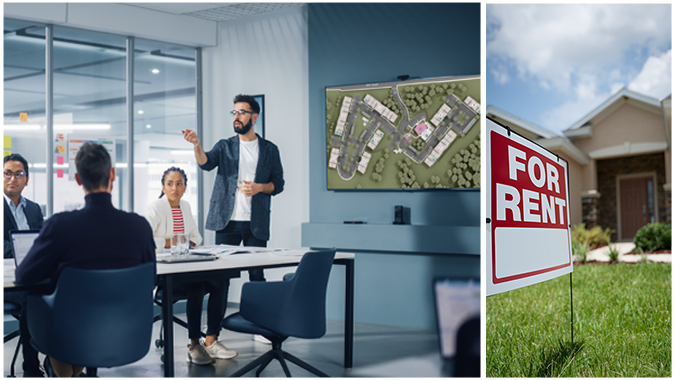
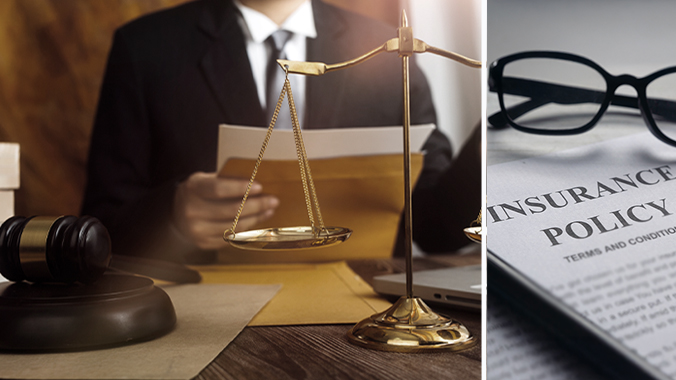
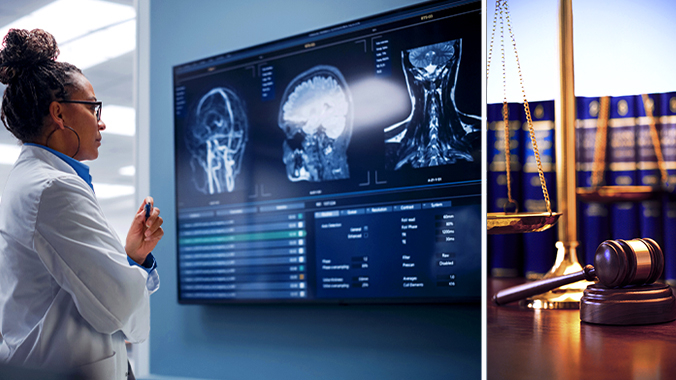
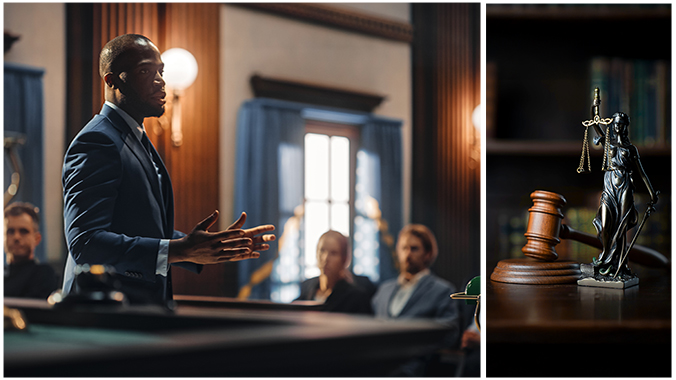

Upcoming CLE Webinars



